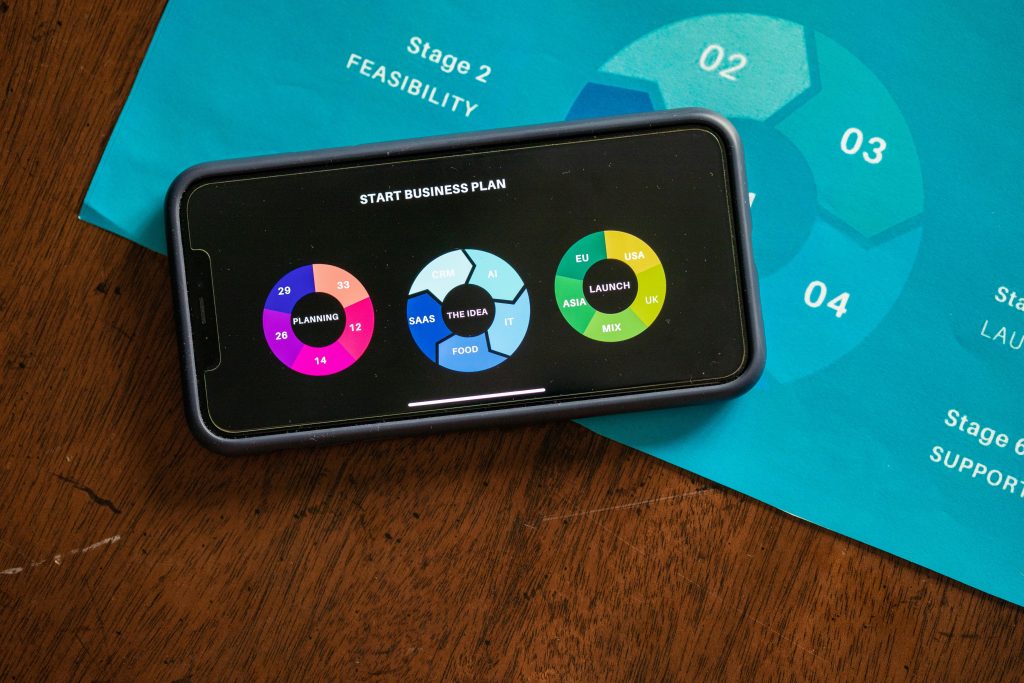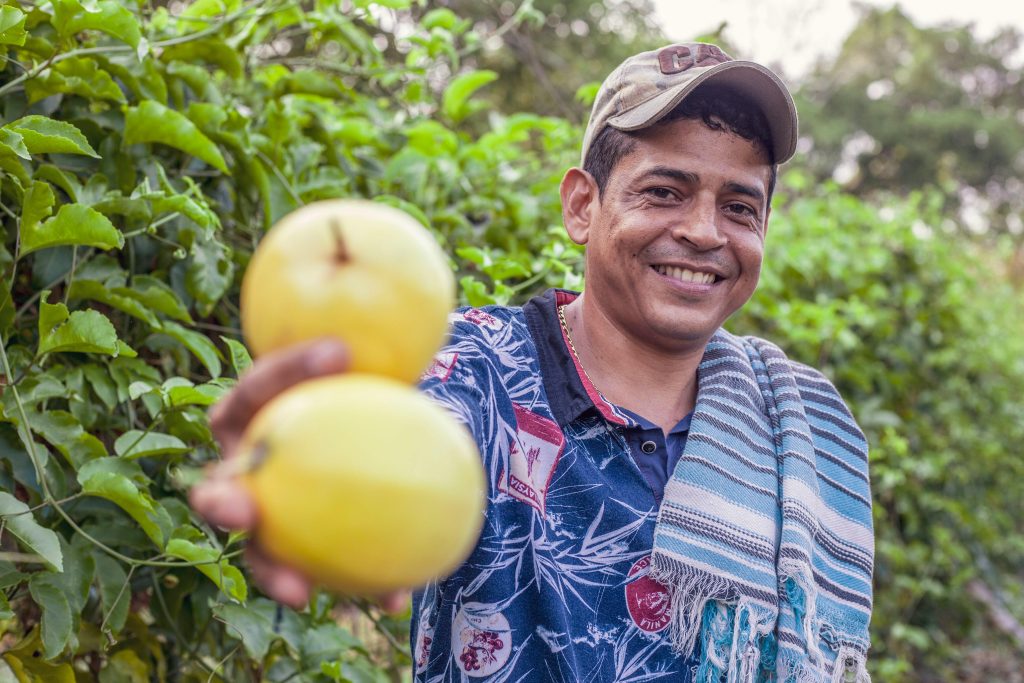Introduction
Climate change, global health crises, food insecurity, digital inequality—today’s global challenges are complex, urgent, and interconnected. Traditional solutions alone can’t keep up with the scale and speed of these issues. That’s where innovation comes in—not just as a buzzword, but as a vital driver of sustainable, scalable impact.

From breakthrough technologies to new business models and collaborative thinking, innovation has the power to transform how we tackle the world’s toughest problems. In this article, we explore the role of innovation in addressing global challenges, the sectors it’s transforming, and how individuals, organisations, and governments can drive meaningful progress.
What Do We Mean by Innovation?
Innovation isn’t limited to technological breakthroughs. It refers to new ideas, methods, or solutions that create value or solve problems in better ways. This could include:
- Emerging technologies like AI, biotech, or renewable energy
- Policy innovation and governance models
- Social innovations that empower communities
- Product or process innovations that enhance efficiency and access
At its core, innovation is about problem-solving with purpose—and it thrives where there is a clear need and a willingness to adapt.
Why Innovation Is Essential for Global Progress
Global challenges require system-level change, not incremental fixes. Innovation accelerates this change by:
- Creating scalable solutions that go beyond local impact
- Driving efficiency in how we use resources and deliver services
- Enabling collaboration across sectors and borders
- Empowering communities through inclusive design and participation
- Unlocking new industries and economic opportunities

Innovation offers not just new tools—but new ways of thinking.
Key Areas Where Innovation Is Making a Difference
1. Climate and Sustainability
Innovation is central to the global climate response.
- Renewable energy advancements (solar, wind, hydrogen)
- Carbon capture and storage technologies
- Smart grids and energy-efficient infrastructure
- Circular economy business models
Startups and researchers are leading the way with sustainable materials, low-emission transport, and eco-friendly product design.
2. Global Health
Healthcare innovation plays a critical role in improving access and outcomes.
- Vaccine development using mRNA and AI platforms
- Telemedicine and remote diagnostics
- Data-driven epidemic tracking and response
- Affordable medical devices for low-resource settings
The COVID-19 pandemic demonstrated how rapid innovation can save lives when paired with global coordination.
3. Food Security and Agriculture
Feeding a growing population sustainably requires rethinking food systems.
- Precision agriculture using drones and IoT sensors
- Lab-grown and plant-based protein alternatives
- Vertical farming and climate-resilient crops
- Blockchain for supply chain transparency

These solutions are not only improving yields but reducing environmental impact.
4. Education and Digital Inclusion
Access to knowledge and technology is key to long-term global development.
- Online learning platforms and mobile education tools
- AI-powered tutoring and language translation
- Community Wi-Fi and low-cost devices in underserved areas
Digital literacy and equitable internet access are being enabled through innovation at scale.
5. Disaster Resilience and Humanitarian Response
When crises strike, innovation improves readiness and response.
- Early-warning systems using satellite and climate data
- Mobile payment systems for aid distribution
- Modular shelter design for displaced populations
- Crisis-mapping and crowdsourced reporting

These tools support faster, smarter aid delivery in both conflict and climate-related emergencies.
Challenges Facing Innovation at a Global Scale
Despite its potential, innovation also faces barriers:
- Funding gaps for early-stage solutions
- Regulatory delays and lack of infrastructure
- Unequal access to technology and investment
- Fragmentation between public and private sectors
Overcoming these requires not just inventing better tools—but building the systems and partnerships that allow them to scale.
Fostering a Culture of Innovation
To solve global challenges, innovation must be intentional, inclusive, and sustained. This involves:
- Investing in education and R&D
- Supporting cross-sector collaboration between government, business, and civil society
- Encouraging risk-taking and experimentation
- Designing for inclusivity so no one is left behind
- Measuring impact to track progress and inform improvement

Governments, organisations, and individuals each have a role to play in cultivating innovation ecosystems that can respond to complex challenges.
Conclusion
Innovation is not a silver bullet—but it is a powerful tool in the global toolkit. By applying creative thinking, new technologies, and inclusive approaches, we can move beyond temporary solutions and build long-term resilience.
From climate and health to education and equity, the world’s biggest challenges demand bold ideas and collaborative action. The path forward isn’t always clear—but innovation lights the way.
The future depends on our ability to imagine, create, and implement better solutions—together.


